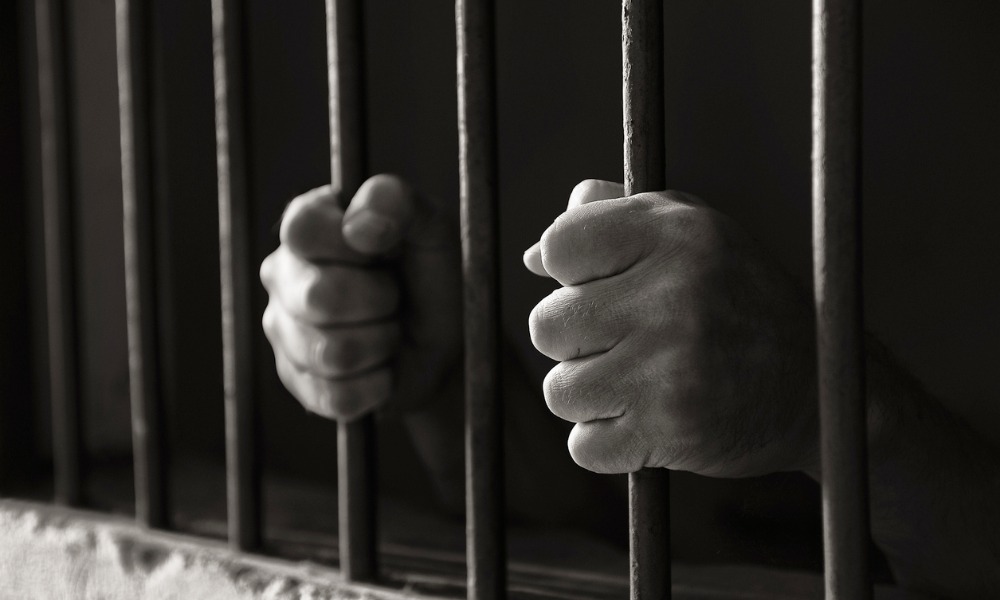Indigenous inmate population has increased by 43.4 per cent since April 2010

A federal government report laments the worsening “Indigenization” of the country’s correctional system, with Indigenous inmates comprising over 30 per cent of the prison population, up from 25 per cent from four years ago.
Although Indigenous people make up only five per cent of the Canadian population, they are increasingly over-represented in prisons. And while the non-Indigenous inmate population has decreased by 13.7 per cent since April 2010, the Indigenous population has risen by 43.4 per cent, with 42 per cent of female inmates are Indigenous women.
These statistics hint at “disturbing and entrenched imbalances,” Dr. Ivan Zinger, Correctional Investigator of Canada, said in a news release last week. He attributed these trends to a number of systemic issues, and noted that Indigenous people are more likely to be assigned to maximum security institutions and to solitary confinement units. They also generally wait longer to be granted parole.
The news release additionally states that “Indigenous people reoffend or are returned to custody at much higher levels, as high as 70 per cent for Indigenous men in the Prairie region.”
Zinger warned that, at current rates, the percentage of Indigenous inmates in prisons may increase to 33 per cent within three years. “It is not acceptable that Indigenous people in this country experience incarceration rates that are six to seven times higher than the national average,” Zinger said. “Bold and urgent action is required to address one of Canada’s most persistent and pressing human rights issues.”
The Office of the Correctional Investigator outlined solutions proposed by various government bodies and advocacy organizations to deal with this problem, including the delegation of responsibility to Indigenous groups and communities, the appointment of a deputy commissioner for Indigenous corrections, and the devotion of resources to reintegration services.
Perry Bellegarde, national chief of the Assembly of First Nations, stated in a news release a day after the Office of the Correctional Investigator had released its findings that the report was an “alarming wake-up call” for Canada to confront the discrimination and apathy ingrained into its correctional system.
“We need a justice system that embraces First Nations legal traditions and puts First Nations laws on the same footing as civil law and common law,” Bellegarde said. “Additionally, judges and crown attorneys need to be more responsive to the circumstances of Indigenous offenders and offer alternatives to incarceration.”
Bellegarde added that he intended to meet with Canada’s correctional investigator and the relevant federal ministers in order to discuss a plan of action.










